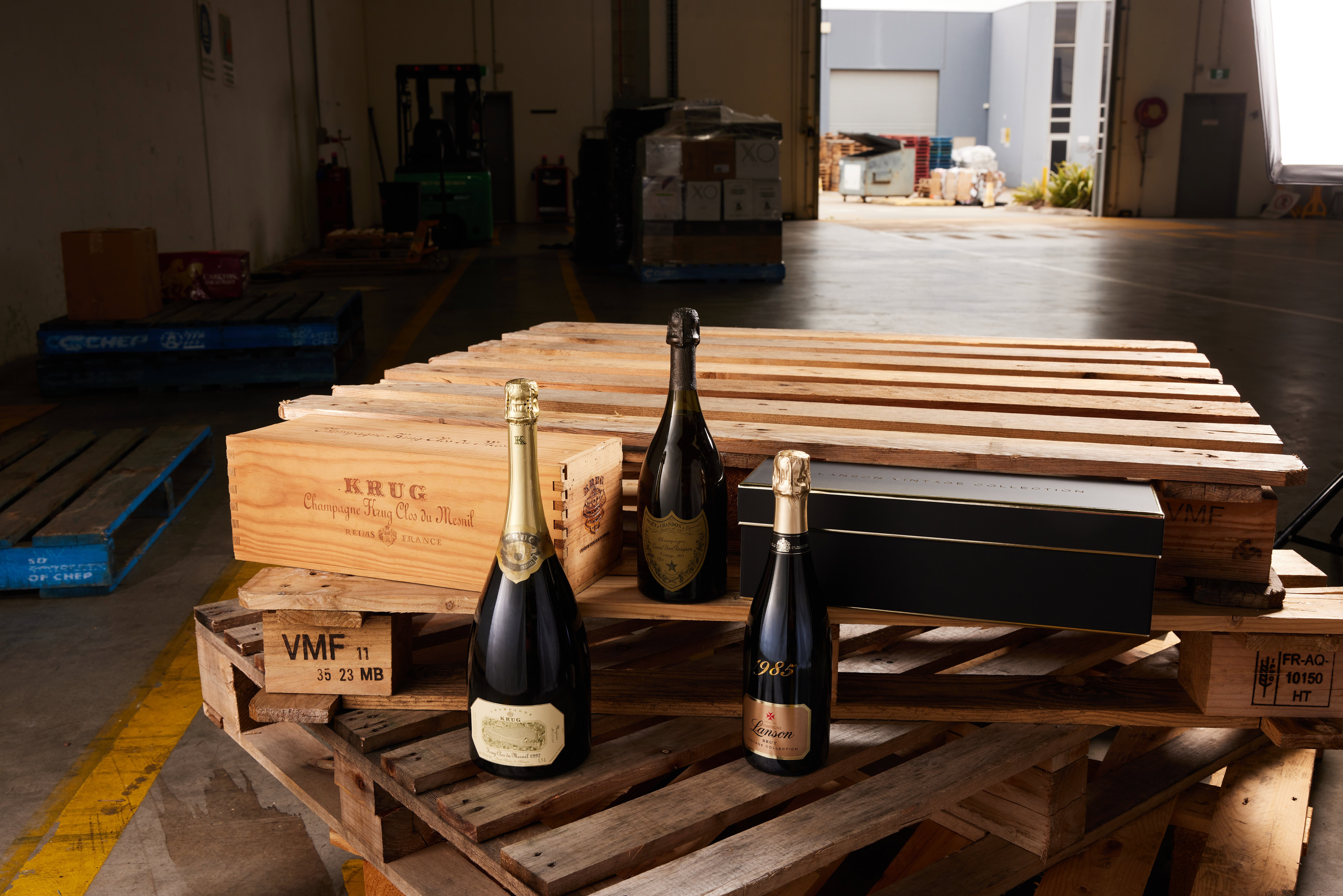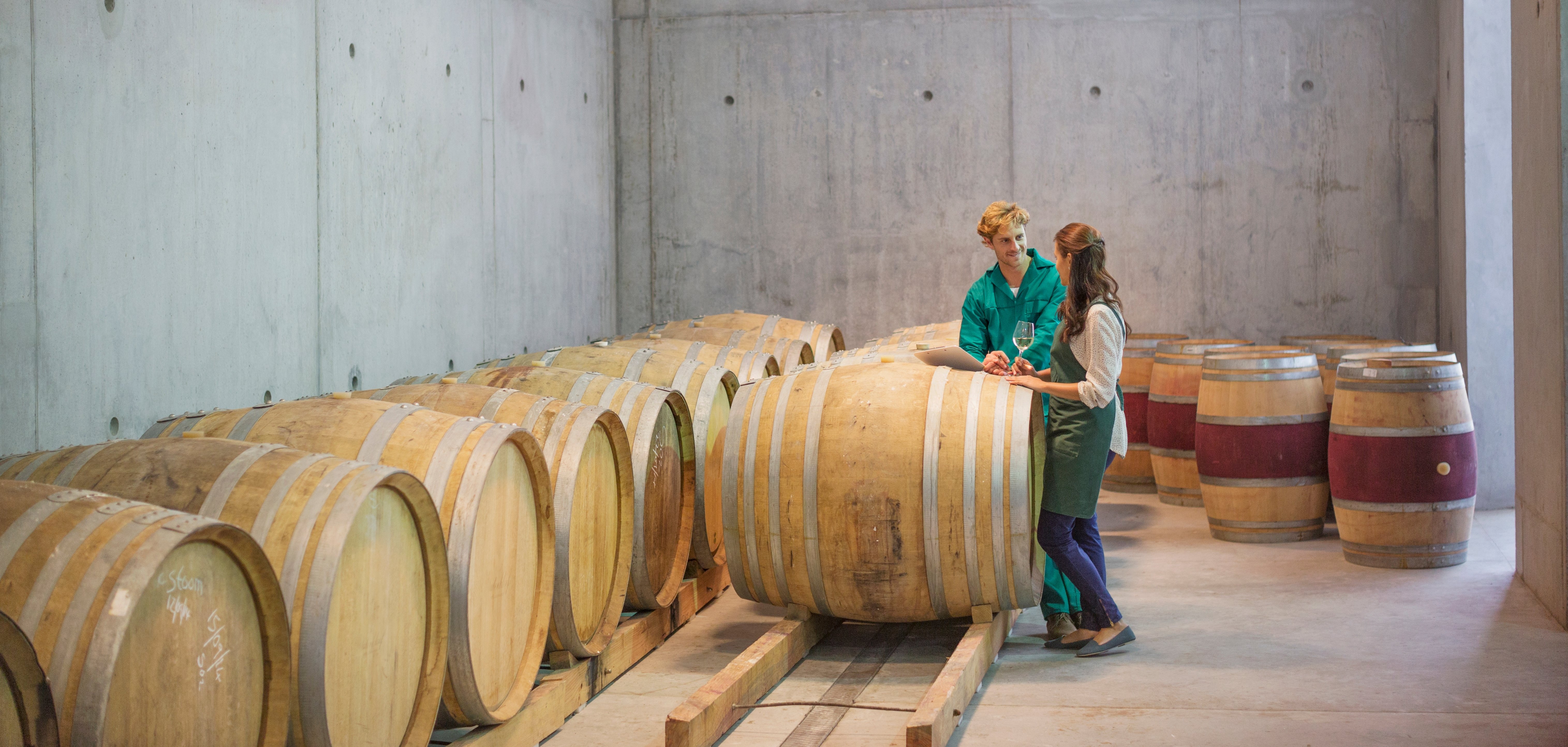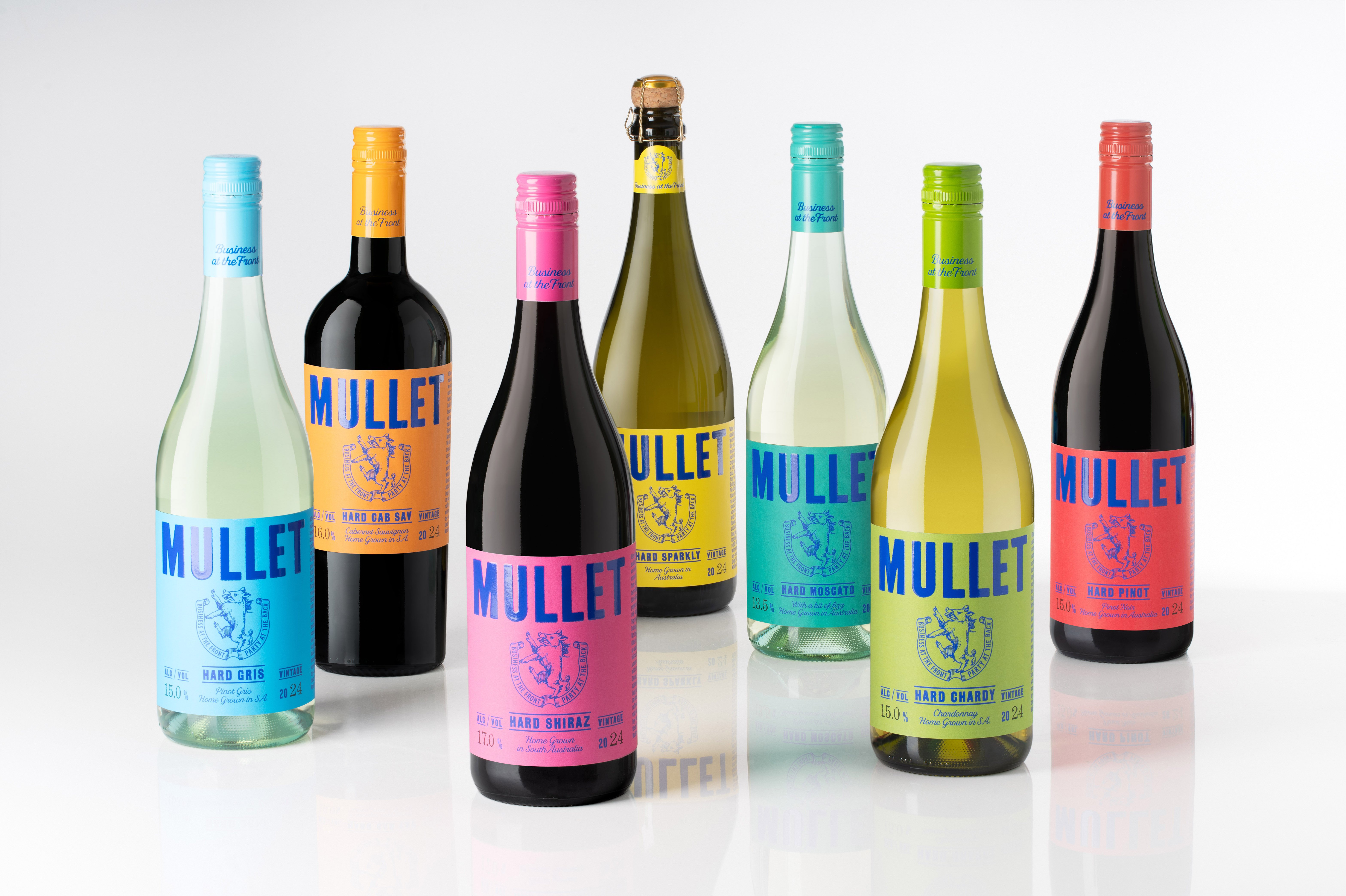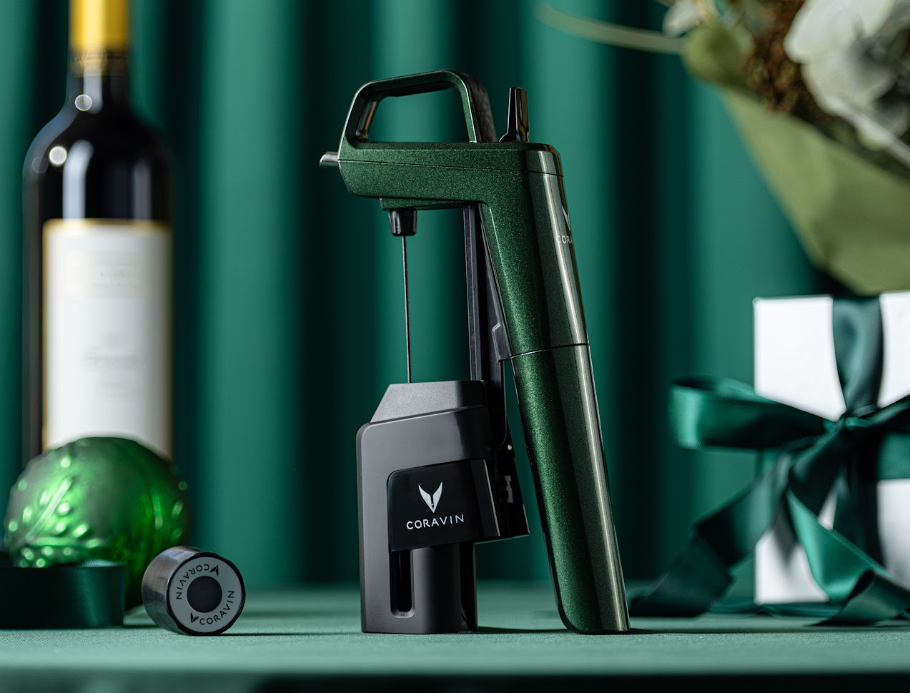US wine merchants fear the country's $20-billion-a-year imported wine industry will collapse if looming 100% trade tariffs come into effect.
The Trump administration is preparing to raise tariffs on a host of French products — including cheeses, wines and Champagne — by mid-January.
It comes in response to a pending digital tax imposed by Paris on companies such as American giants Google, Facebook and Amazon.
It follows a round of 25% tariffs levied in October against Spain, France, Germany and the United Kingdom.
Neal Rosenthal, who founded Rosenthal Wine Merchant in 1977, which is now distributed in 44 states as part of Mad Rose Group, described the proposed tariffs to the Los Angeles Times as “calamitous.”
“We are shipping as much wine as we can over the next several weeks in advance of the possible tariff increase,” he said, “and we are preparing to make internal company adjustments to cope,” including salary cuts and slashed margins.
The LA Times noted: "If the tariffs are levied, American wine drinkers would be faced with fewer wines coming to America from the EU (especially those made by small, independent producers) and higher prices on the bottles that do make it in.
It says a wide swath of US wine businesses would be negatively affected, including importers, distributors, wine shop owners, sommeliers and grocery story wine buyers.
“If the Trump administration goes through with imposing the 100% tariffs on European wine, we can hold out for a few months,” said Jenny Lefcourt, whose Manhattan-based Jenny & Francois Selections portfolio of natural wine is distributed nationally. “But I think if it stays in place long-term, we will go out of business. This will have a dramatic effect on wine consumption in the US, and people will change their drinking habits.”
Mary Taylor, who imports French, Portuguese, and Italian wines, told Vine Pair: "I'm here asking the Office of the US Trade Representative [USTR]: ‘How can you obliterate my profits for 2019 and then threaten my survival in 2020?’ Why aren’t you contacting [importers and distributors] and telling us that there’s going to be a subsidy or some protection?’
“You just don’t think that America would screw over small businesses like this.”
Mannie Berk, founder and president of The Rare Wine Co, a wine importer and merchant with more than 30 years in the business, published a letter he wrote to the USTR on his company’s website.
“Because the initial tariffs went into effect just 11 days after we learned of them on October 7, many West Coast importers were caught with multiple containers on the ocean, with no way of turning them around,” he wrote. “We were among those importers and saw much of our 2019 profits wiped out.”
Berk warned that The Rare Wine Co is just one of a number of US wine importers whose “very existence” is threatened by the proposed tariff increases. He also estimated a potential $28 billion total loss to the US economy, explaining: “It breaks down this way: sales by US importers $5.5 billion; sales by US wholesalers $7.8 billion; and sales by US retailers and restaurants more than $15 billion. And since only $4.25 billion is returned to Europe in payment for wine, 85% stays in the US economy, supporting many thousands of jobs and paying billions in taxes at all levels of government.”
Not a windfall for American wineries
While it has been suggested the tariffs will be beneficial to the domestic wine industry in the US, many winemakers disagree.

Jason Haas, partner and general manager at Paso Robles winery Tablas Creek Vineyard (above), published a blog post detailing why 100% tariffs would likely have a negative net impact on the US wine industry.
“None of the 50-plus distributors that we work with represents exclusively domestic wines; all have a diverse portfolio including wines that will be impacted by the proposed tariffs,” he wrote. “Many get the majority of their business from European wines. For those distributors, the proposed tariffs amount to a death sentence.”
Carson Demmond, the owner of a wine distribution company based in Atlanta said: “The people who do know [the tariffs] exist are looking through this narrow scope of, ‘Oh, wine prices are going to increase and people are complaining about that?’ When really, it’s not about the wine prices. It’s about job losses. It’s about business closures. It’s about a huge loss in tax revenues at the state and federal level.”
The Wine Institute, a 1000-member California wine industry association, has also spoken out against the tariffs.
It argues that the EU could turn around and target US wines in a tit-for-tat trade war.
Europe is California's most important export market, bringing in some $469 million in 2018.
Share the content










